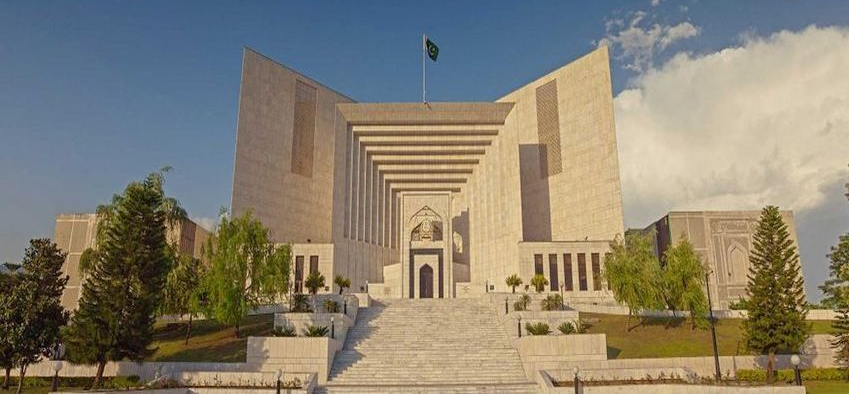The Investigative Lapses and the absence of Key Witnesses undermined the case of prosecution resulted in Acquittal --- Supreme Court of Pakistan
Islamabad 27-08-2024: In a significant ruling, the Supreme Court of Pakistan's Shariat Appellate Bench has acquitted Imran alias Mani, who had been on death row for the murders of two elderly individuals and for committing zina (fornication) under the Offence of Zina (Enforcement of Hudood) Ordinance, 1979. The judgment overturns the previous decisions of the Federal Shariat Court and the Additional Sessions Judge, Wazirabad, who had convicted and sentenced the appellant to death on two counts and to rigorous imprisonment for seven years.
The Supreme Court, led by Mr. Justice Qazi Faez Isa, found that the prosecution had failed to establish its case beyond a reasonable doubt, citing critical flaws in the investigation and a lack of corroborative physical evidence.
The prosecution's case rested on the testimony of two eyewitnesses, Nasrullah Khan and Khalid Hussain, who claimed to have seen the appellant and a co-accused committing zina before killing Muhammad Siddique and Ghulam Sakina. However, the Court noted several inconsistencies in the prosecution's narrative, particularly the implausibility of the alleged motive and sequence of events.
The Court also expressed concern over the absence of two key witnesses Khalid Mehmood, another eyewitness, and Muhammad Nawaz, a neighbor who allegedly witnessed the events. Their failure to testify significantly weakened the prosecution's case.
Furthermore, the judgment highlighted the lack of any physical evidence to support the zina charge. The Court pointed out that no clothing, bedding, or other items containing the appellant's semen were recovered, which could have substantiated the prosecution's claims.
Mr. Chief Justice Qazi Faez Isa criticized the investigative process, describing it as unprofessional and inadequate. The judgment noted that the investigators and prosecutors failed to adhere to the required standards, leading to a miscarriage of justice. The Court emphasized the need for thorough investigations and competent prosecutions to avoid such travesties.
In a reflective observation, the Court expressed regret over the nearly six-year delay in deciding the appeal. The judgment underscored the judiciary's duty to provide expeditious justice, lamenting that such delays are not in line with the constitutional obligations of the Court.
As a result of these findings, the Supreme Court set aside the convictions and sentences, ordering the immediate release of the appellant unless he is required to be detained in any other case. The ruling serves as a stark reminder of the importance of due process and the dire consequences of judicial and prosecutorial lapses.
This judgment marks a pivotal moment in the discourse on the legal standards required in criminal cases in Pakistan, particularly concerning the burden of proof and the integrity of the investigative process.
Powered by Froala Editor








